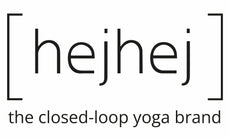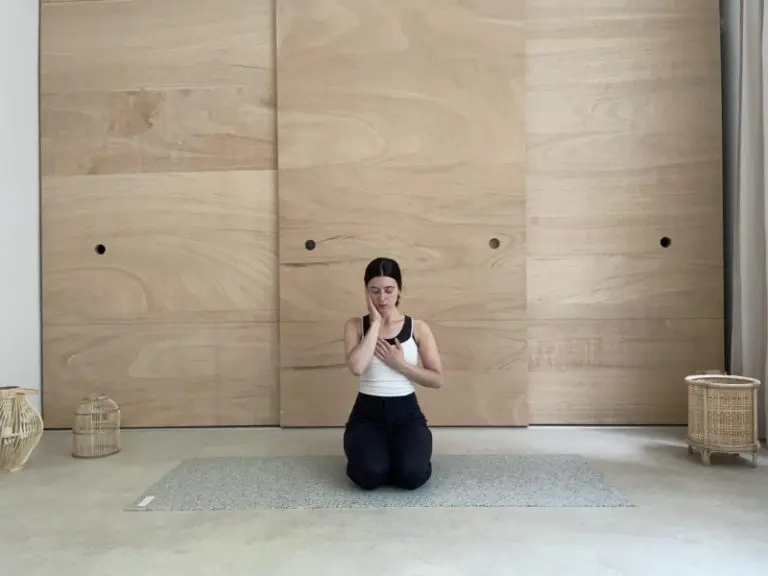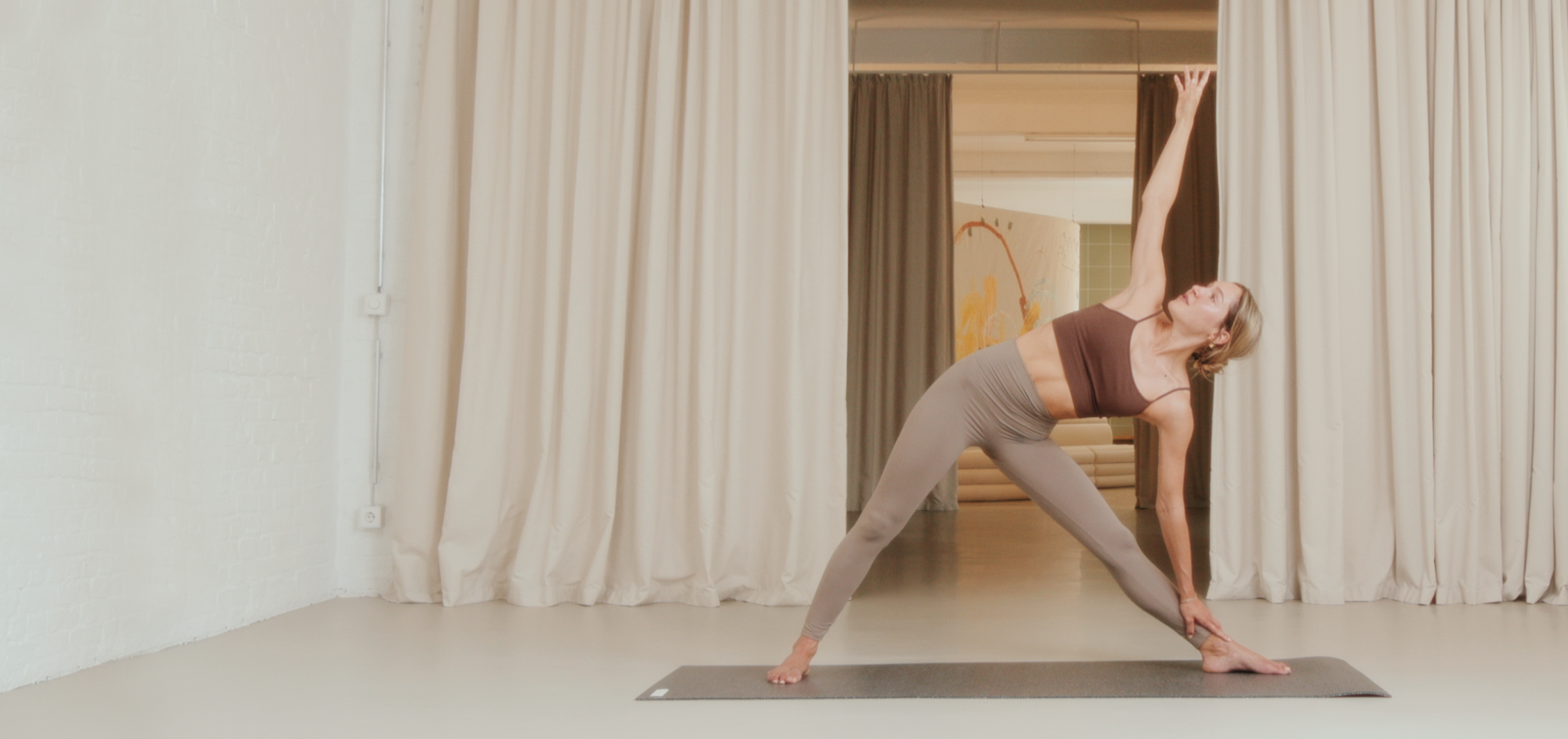The circular economy is the most important building block of our company. A way of doing business that we live and thus show what is possible – a circular economy business. Like everything created by humans, the circular economy has its origins in nature. Almost everything runs in cycles. The cycles of life. In the following, we explain to you what an organic farm has to do with the circular economy, because here, too, a cycle is the most important building block.
What is organic agriculture?
Organic agriculture is an environmentally friendly, animal-friendly and resource-conserving form of farming. In the following, we briefly explain the most important special features compared to conventional agriculture.
Organic farmers are not allowed to use synthetic chemical pesticides and liquid mineral fertilisers. In general, fertiliser and crop protection requirements are one of the biggest differences between the two farming methods. In organic farming, beneficial insects are used, e.g. certain caterpillars that eat pests. Animal keeping is not particularly strictly regulated in conventional farming. Here, the animals are mostly stabled all year round and have no mandatory outdoor access. In organic farming, outdoor access is mandatory and also the space in the barn per animal. In organic farming, genetically modified feed is strictly prohibited. In addition, the preventive administration of antibiotics is prohibited. This means that organic food is also free of antibiotics and genetic modification for you. Farmers in organic farming must provide evidence of soil protection measures.
The guidelines of the organic associations, such as the Bioland farm from which we get our husks for the hejhej-bolster, have even stricter regulations than the controls of EU organic farming.

The circular economy in organic farming
Just as for us at hejhej, for organic farming, the circular economy is the key. This is called the internal nutrient cycle. You can think of it this way: the goal is to use all the nutrients on your own organic farm and not have to buy anything externally. The dung from the cattle is spread as fertiliser on the farm’s own field. This makes the soil fertile and thus serves as a nutrient for the plant. It is very important to keep this cycle in balance. This means that the farmers make sure that they only have enough animals so that the land is not unnecessarily over fertilised. This is because if there is an excess of nutrients, the plants cannot absorb the nutrients contained in the fertiliser. Then they are washed out by rainwater, for example, and can thus pollute our groundwater. It is also important that only as many animals live on the organic farm as the farm itself can feed. The amount of feed they are allowed to buy in is limited in organic farming. The whole thing is called area-based animal husbandry.
Is the circle closed-loop?
Unlike us at hejhej, the cycle on an organic farm is never completely closed once harvested products are sold. When the farmer sells vegetables, grain or fruit, something leaves the farm and never comes back.
We try to make the motivation to send the hejhej products back to us as great as possible for you. Because only if this step is also taken by you with responsibility is it a closed circular economy. So the hejhej products are really closed-loop.

The hejhej-bolster
In our eyes, organic farming is very important for the preservation of our planet. This type of agriculture protects the soil and the climate and keeps the water clean. With our hejhej-bolster, we, therefore, support this way of doing business. The filling of the bolster comes from a regional organic farm that farms according to Bioland guidelines. He thus applies exactly the cycle concept written earlier. We have also ensured that the cotton used for the bolster covers is as organic as possible – organic cotton.
For us, the circular economy has enormous potential to shape the economy in an environmentally and socially responsible way for the future. To create an intelligent cycle as it would exist in nature. That’s why we provide you with sustainable yoga equipment. So when you buy hejhej products, you are also supporting organic farming.

Source: Ökolandbau – Kreislaufwirtschaft https://www.oekolandbau.de/bildung-und-beratung/lehrmaterialien/allgemein-bildende-schulen/wissen/biolandwirtschaft/biopflanzenbau/kreislaufwirtschaft/ (opend at 7th of july 2021)




